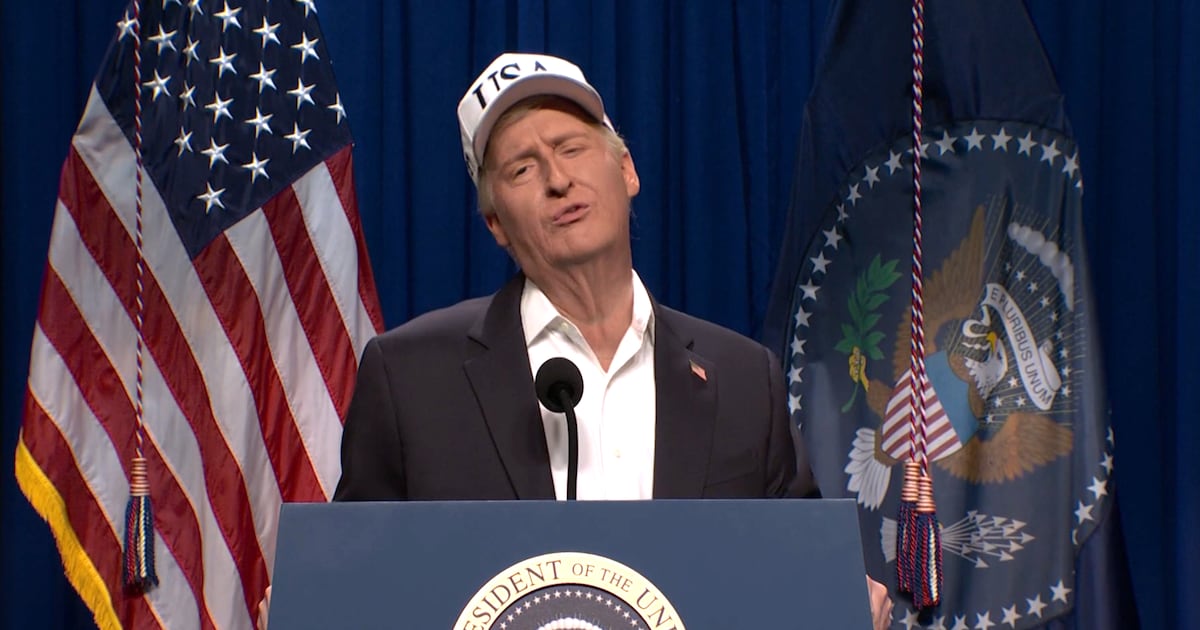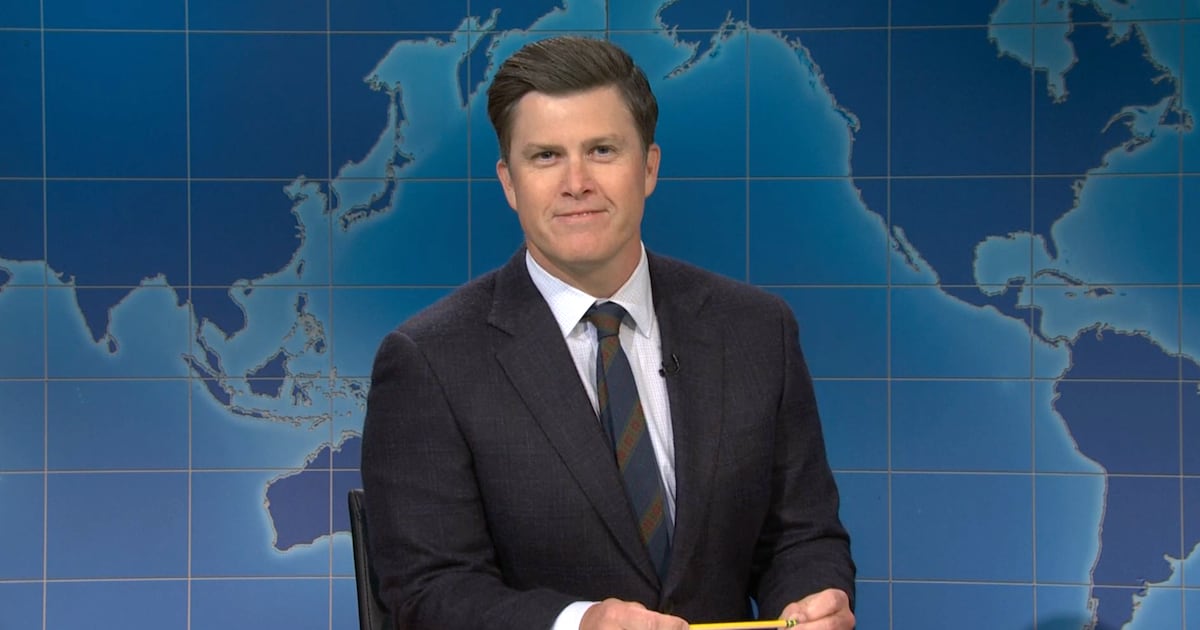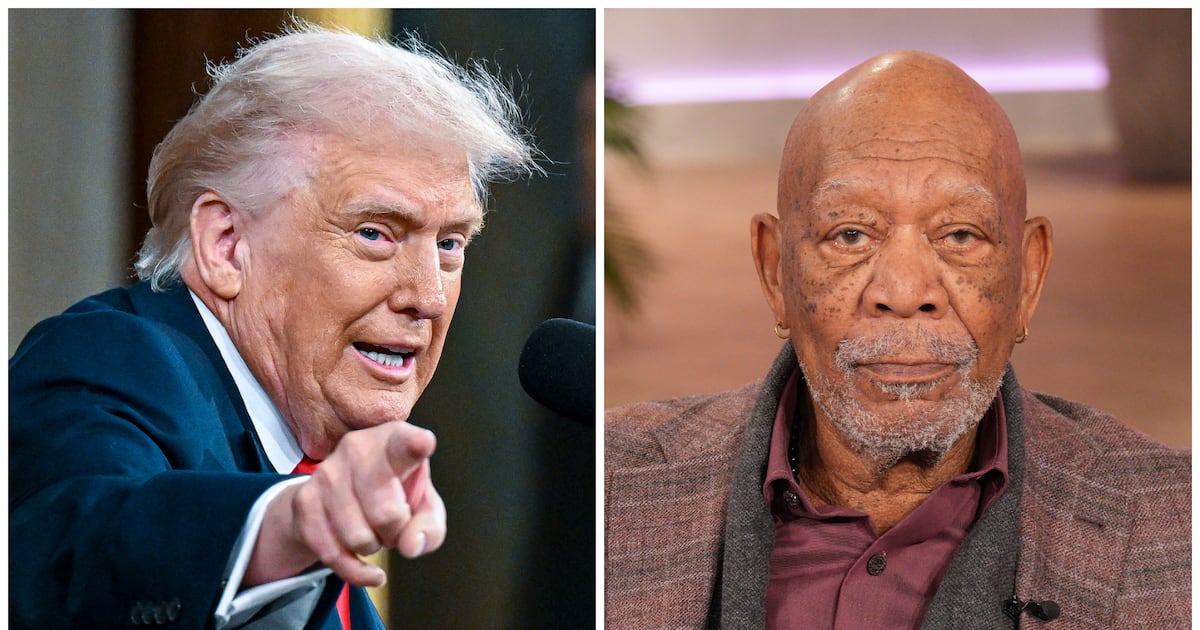The runaway success of Big Little Lies has resulted in a highly infectious residue of toxic, televised goo, which the CDC (Critics for Discerning Consumption) has classified as “horrifically bad knockoff-limited series.” We made it through two waves of Big Little Lies, only to find that the next variant, Nine Perfect Strangers, was far worse. Now, a third mutation, Apples Never Fall, threatens to infect viewers with a wave of promising chills, only to deliver exhaustion and fatigue.
I’m hyperbolizing for effect, of course, but that’s what sitting through the latest limited series adaptation of a Liane Moriarty mystery novel feels like. Apples Never Fall, which streams in full on Peacock March 14, gives new meaning to circling the drain. While the series diverts just slightly enough from Moriarty’s narrative formula, its insipid cast of buffoonish, unsympathetic characters impede what could easily be a taut thriller had it shaved off a couple of superfluous episodes. What remains is a seven-part limited series that drags from its start. Apples Never Fall wastes a supremely talented cast—including the great Annette Bening, who was just up for an Oscar a few days ago—on a show that is essentially two mildly interesting bookend episodes, with a whole bunch of rotten apple mush sandwiched between.
The series centers on the Delaney family, a household obsessed with tennis after parents Stan (Sam Neill) and Joy (Bening)—who owned and taught at a tennis academy in swanky West Palm Beach, Florida—brought their kids up on the sport. Troy (Jake Lacy) was primed to go pro, but he lost his drive after a mysterious incident with his father. Logan (Conor Merrigan Turner), never quite had the knack for the sport, something Stan always resented. Amy (Alison Brie) and Brooke (Essie Randles), however, always had their sights set on other things, wanting to stay far away from the family business. But despite a few years of familial tension, the Delaneys have stayed closely knit.
Well, at least until Joy suddenly goes missing. When their mother’s bike is found, blood-stained and busted on the side of a road, each member of the family is forced to reckon with the way they’ve been absentmindedly shutting her out over the past few months. That, however, is a separate mysterious incident—because apparently, it’s not an adult-oriented mystery-thriller unless pivotal plot details are sprinkled out far too frugally. Surprise! Bet you didn’t guess that this family has some dark hidden secrets.
What those shockers are will stay hidden until you’ve army-crawled your way through the mud of six barely tolerable episodes to the finale. Moriarty, who co-wrote a portion of the series along with several other writers, is a far better scribe of novels than she is of television shows. Her mysteries work best when you can tear through them, with smaller revelations appearing page by page. Here, Moriarty and the writers fall prey to the same mistake made in Hulu’s Nine Perfect Strangers adaptation: Puzzles require some sense of achievement to keep someone interested.

(l-r) Conor Merrigan-Turner, Essie Randles, Sam Neill, Annette Bening, Alison Brie, and Jake Lacy.
Vince Valitutti/PeacockWithout little bits of true information—the minute pieces of evidence that make up one big mystery—it’s easy to disengage. And I’m not referring to episodic cliffhangers that have their impact undone by a big reveal in the series finale, either. Apples Never Fall is so quick to point the finger at one person for Joy’s disappearance that it’s almost too simple to identify that it’s a misdirection. A red herring can’t be a red herring if it’s dripping in fresh crimson paint.
A decent mystery will dangle those answers in front of viewers while feeding them nibbles of information to satiate them along the way. In Apples Never Fall, no twist ever sticks, despite slapdash dialogue that tries so hard to convince the viewer that it will. Characters are so paper-thin that it would be hard to even call them two-dimensional, let alone three. Do you spend your time watching shows, just dying to know how things connect? You’re in luck. This series takes place in a world where people say, quite plainly, “This has to be connected to Joy’s disappearance!” This careless construction isn’t just maddening; it’s offensively juvenile, like playing detective with your grade school-age kids and pretending like they didn’t already tell you who the killer is. But in a post-Big Little Lies world, more and more mystery writers seem to think that audiences are foolish enough to accept the glop served up to them, so long as it’s tangentially related to a far more successful television endeavor by a familiar name like Moriarty’s.
Even more frustrating is the show’s parallel-timeline framework, one of the stalest trends that television shows use as a crutch to carve out their stories. Two different timelines allow narrative discoveries made during both periods to slowly find their way back to each other, meeting in the middle at the end of a series to make perfect sense. But it’s extremely rare for this conceit to be intelligently employed. In Apples Never Fall, there’s only a minuscule difference between the “then” and “now”—a mere eight months before Joy goes missing and the current day. Viewers are thrown back-and-forth in time as often as the series needs, hoping that hurling them like a softball across this insignificant interval of months will retain their attention.
Were Apples Never Fall gutsy enough to tell its story linearly, things may very well be different. This could easily have been a mystery that kicks off by letting the viewer know Joy has gone missing, and jumping back in time just once to carry the audience toward the present day. That structure would allow the show to spotlight Bening’s acting, which is the series’ sole saving grace. As a devoted mother of four headstrong children, Bening sells her flimsy material like it’s the hottest role in Tinseltown. Perhaps it’s because Bening is the mother of four children herself, but her small character choices and thoughtful manner of speaking (Bening is careful to never over-act until she has to) flesh Joy out into a glowing maternal figure. Like so many mothers, Bening—and Joy—are the glue that holds this show together.
The same can’t be said for Sam Neill, who grunts and groans his way through every last word of dialogue like he’s regretting signing his name on the dotted line more and more each day of production. Though I can’t say I don’t sympathize with that; it’s the same impatient feeling one gets watching Apples Never Fall. If you’re inclined to stick with it until you learn what happened to Joy, you’re in for a disappointing and poorly handled twist. But at least the last-minute reveals will provide a big, hearty laugh, which will keep you chuckling all the way to the doctor’s office to be examined for a concussion. Turns out that apples don’t just fall; they flop, right onto the heads of poor, unsuspecting viewers.





